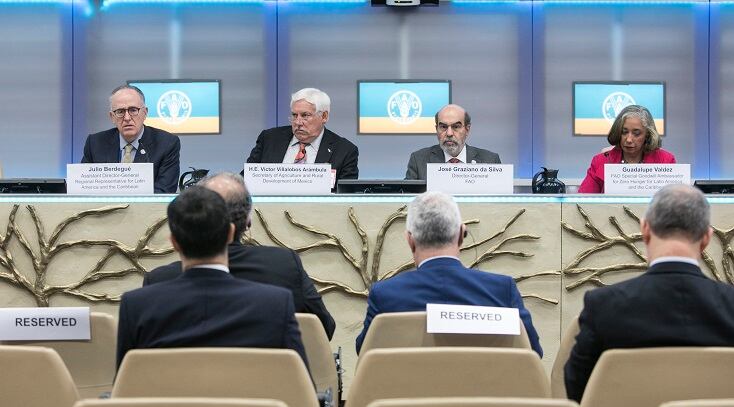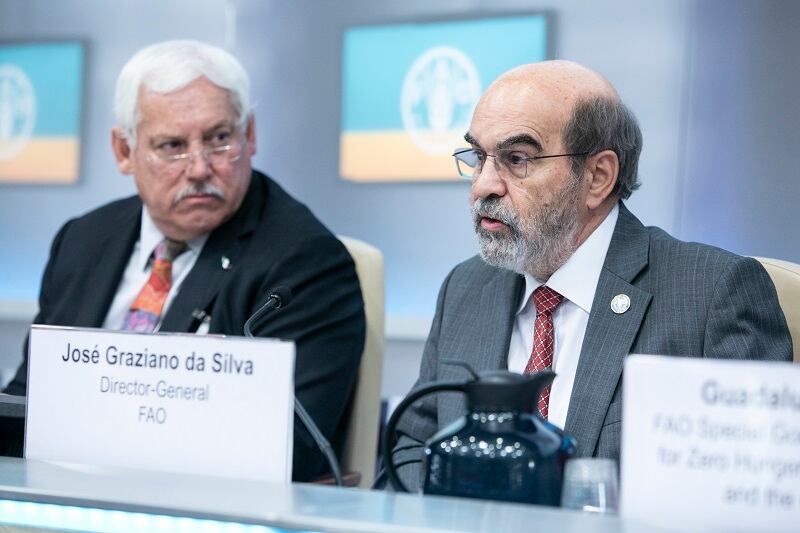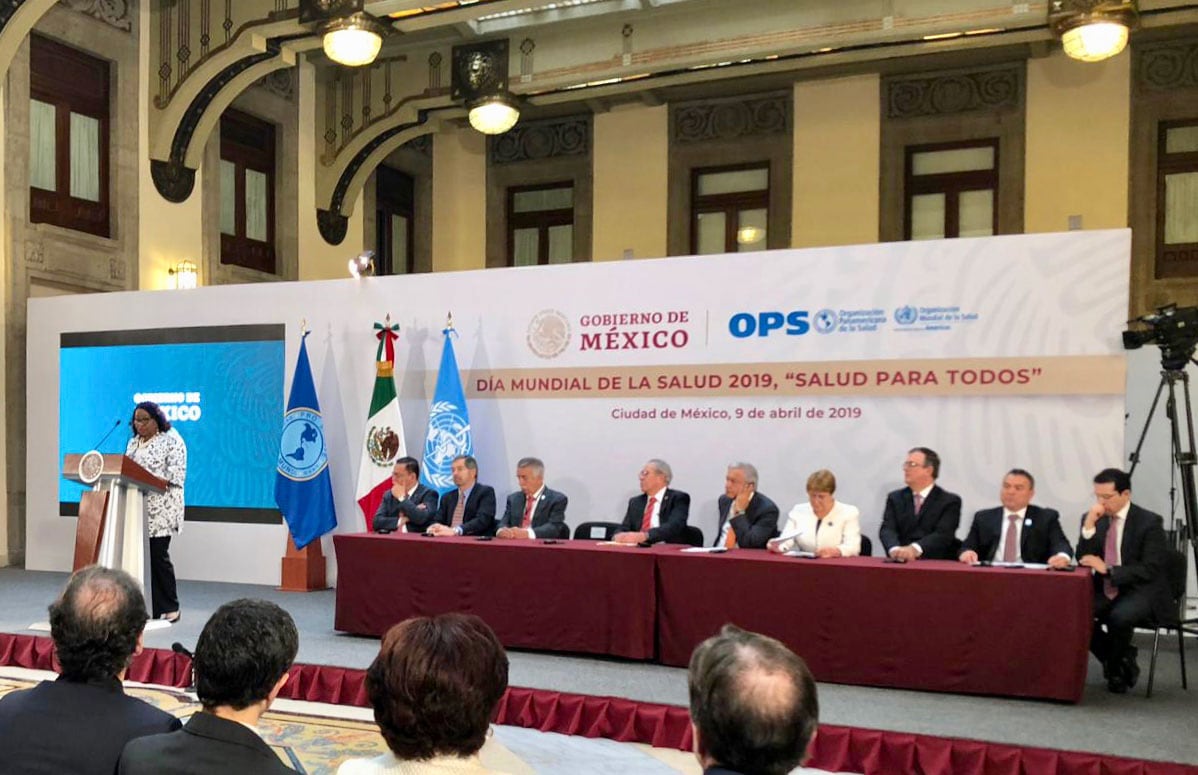Between 2000 and 2015, Latin America and the Caribbean halved hunger across the region, according to the Food and Agriculture Organization of the United Nations (FAO). And the region was the first in the world to commit to eradicating hunger entirely by 2025 through its its Hunger-Free Latin America and the Caribbean Initiative (IALCSH). The Community of Latin American and Caribbean States (CELAC) also has a Food and Nutrition Security and Eradication of Hunger strategy in place.
Fight against hunger stagnates...
Long the global example in the fight against hunger, Latin America and the Caribbean had, however, “lost momentum” and “not moved forward” in its efforts to eradicate hunger in the past six or seven years, said Julio Berdegué, the FAO's assistant deputy director general and regional representative to Latin America and the Caribbean.
Addressing attendees at a side event in Rome during the 41st session of the FAO Conference, Berdegué said for the region to reach its goal, it had to lift an average of 3.5 million people out of hunger each year – an effort that couldn't be done without renewing political will.
There was a clear need to return to the agreements that allowed the development of solid institutional frameworks and governance systems, he said, such as the Parliamentary Fronts against Hunger (PFH). The region also had numerous Food and Nutrition Security national councils in place and there was impetus given to cash transfer programs that enabled food for the poorest and most vulnerable, more family farming and school feeding programs.

José Graziano da Silva, director-general of the FAO, said renewing political will was “the fundamental and necessary ingredient” to eradicate hunger and all forms of malnutrition in Latin America and the Caribbean, including overweight and obesity – an increasing concern.
According to the FAO, around 45% of the population in Latin America and the Caribbean currently suffered from one or more forms of malnutrition – most commonly hunger; overweight and obesity; and micronutrient deficit. But since 2003, the number of obese people in the region had surpassed the number of hungry people.
“Today, for every hungry person, there are almost four obese people,” Berdegué said.
How to get back to being a global example?
Guadalupe Valdez, FAO's Zero Hunger ambassador for Latin America and the Caribbean, said eradicating hunger was a “global fight” that required certain actions from various stakeholders.
“To achieve progress in the fight against hunger and achieve healthier diets, we must strengthen public-private partnerships, continue strengthening laws on school feeding programs, give more support to family farming and regulate food labeling,” Valdez said.
Vitamin Angels also recently told this publication dietary supplements played a key role in eradicating malnutrition. In 2018, the non-profit supplied more than one million pregnant women and children under five in Latin America vitamin A, prenatal multivitamins and albendazole (a deworming drug).
Elizabeth Carrera, program manager for Vitamin Angels in Latin America and the Caribbean, said there was an “intergeneration cycle of malnutrition” in the region that had to be broken.


